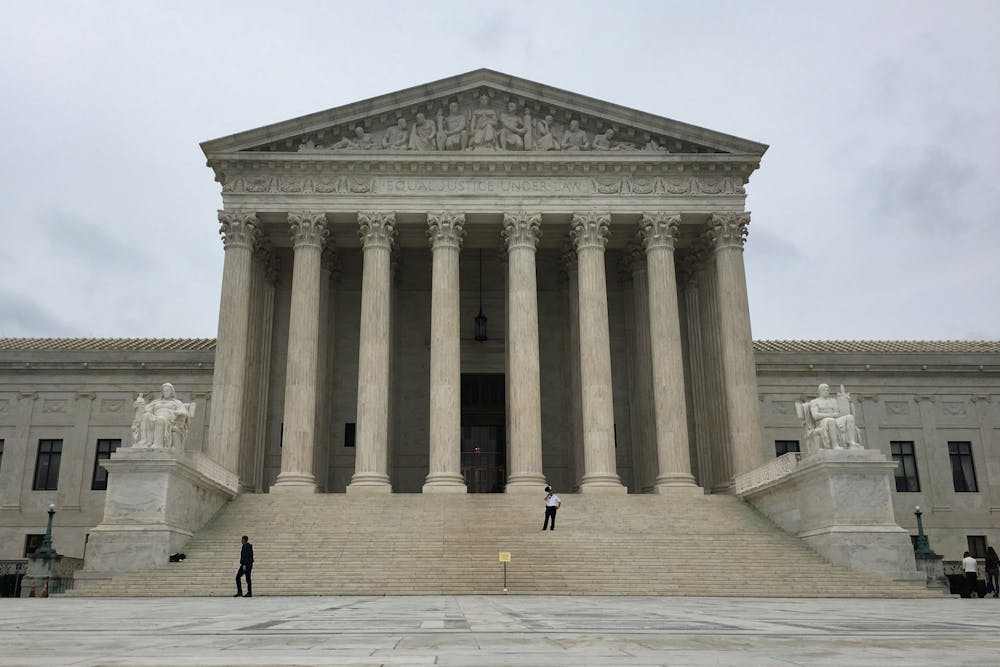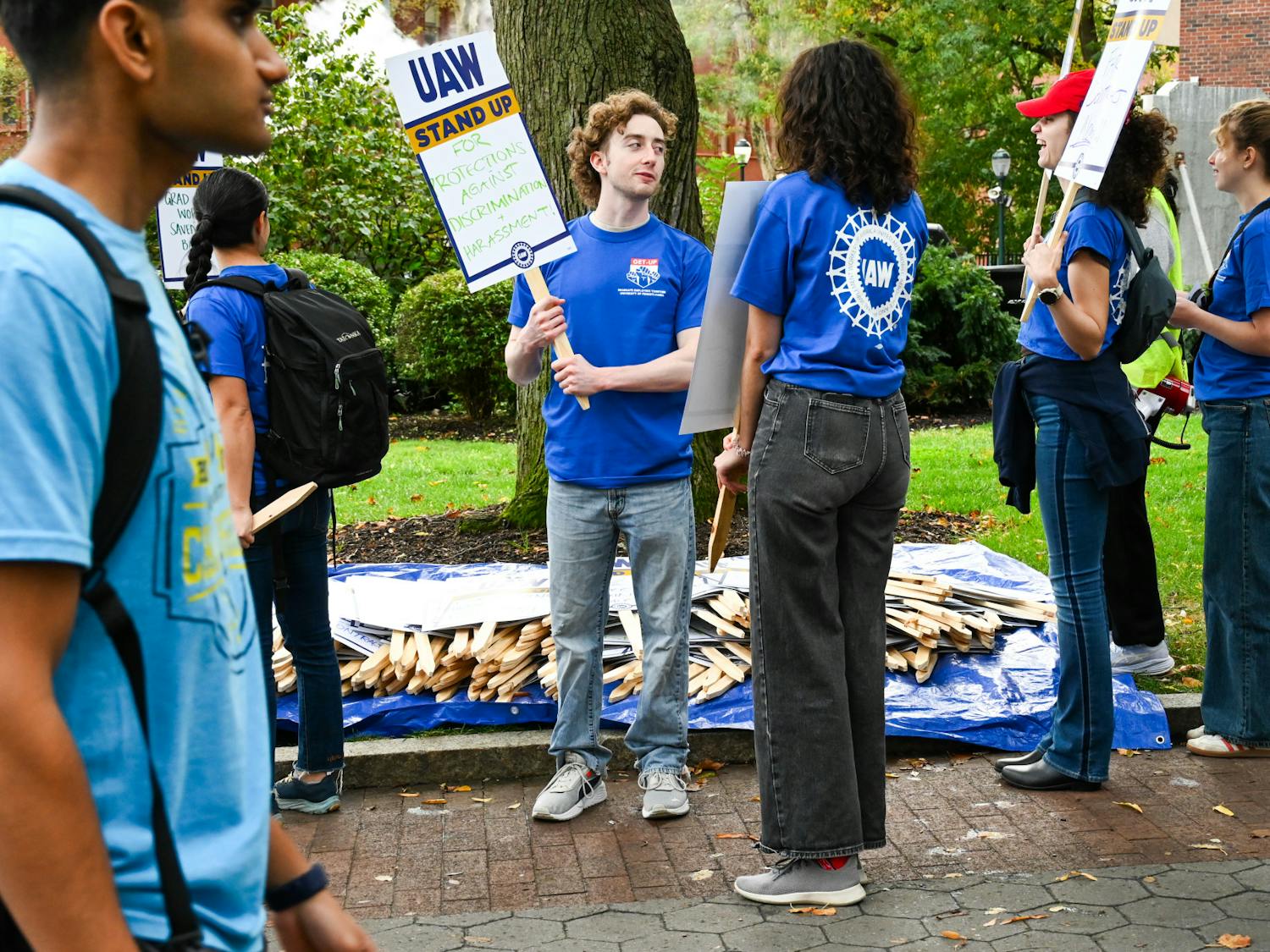The United States Supreme Court formally declined to hear a case challenging Pennsylvania Gov. Tom Wolf’s decision to close all non-life-sustaining businesses in the early months of the COVID-19 pandemic.
The official ruling, made on Monday, marks the second time that the nation’s highest court decided not to review the case. In May, the court rejected reviewing the case on an emergency petition.
On April 1, Wolf and Pa. Secretary of Health Rachel Levine issued a stay-at-home order for the state of Pennsylvania that continued until May 8. Under the order, all essential businesses were permitted to stay open, but non-life-sustaining businesses had to close until April 30.
In April, the Pennsylvania Supreme Court upheld the constitutionality of the lockdown. A federal judge, however, separately ruled Wolf’s restrictions on gatherings and business culture unconstitutional.
The challenge to Wolf's stay-at-home order is led by Danny DeVito, a Republican candidate for Pa.'s 45th House district, who is arguing the COVID-19 restrictions have hurt his campaign, Penn Live reported. He is running against the incumbent Democrat Anita Astorino Kulik. Blueberry Hill Golf Club and realtor Kathy Gregory joined DeVito to represent the “non-life-sustaining” businesses who have been excessively financially hit by the lockdown.
The Pennsylvania Supreme Court originally determined that because businesses could seek waivers to the closure order, it had protected business rights. Additionally, free speech, although limited in congregation size, could be guaranteed through other means, such as “telephone, video-conferencing, or online through websites and otherwise.”
On the same day as the Supreme Court’s decision, Wolf announced an additional $96 million has been allocated to the state’s small businesses. These grants will help 5,373 Pennsylvania small businesses impacted by Wolf’s business closure restrictions.









